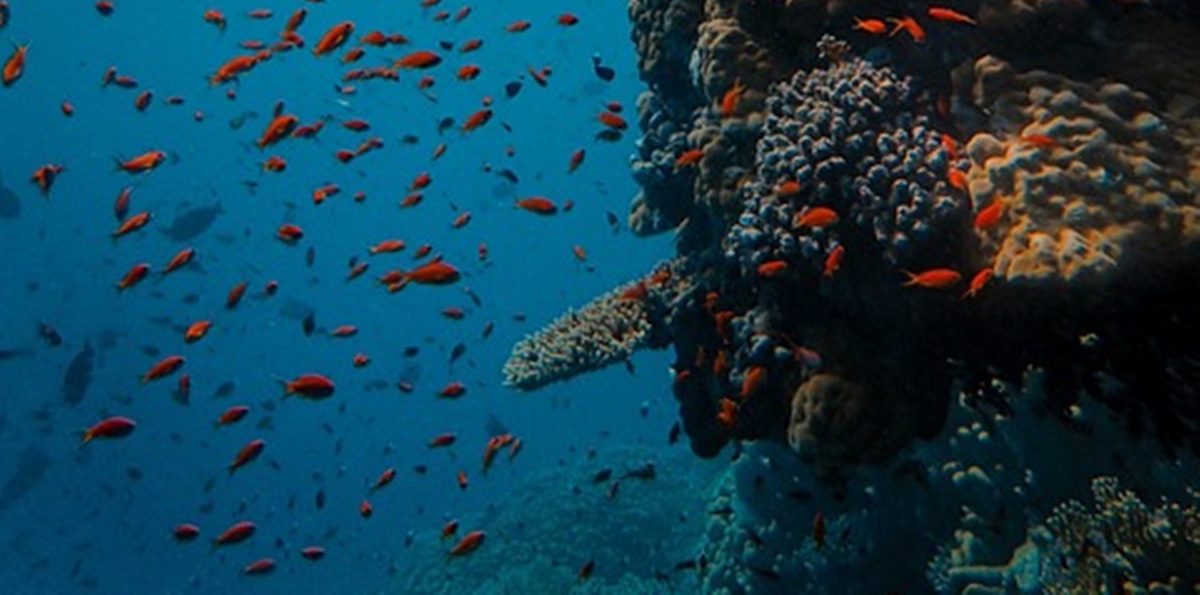This site contains advertisements
Would you like to buy goggles?
The Caribbean Sea, renowned for its crystal-clear waters and diverse marine life, stands as a haven for scuba diving enthusiasts. However, amidst its alluring benefits lie essential considerations and drawbacks. This article delves into the merits and demerits of scuba diving in the Caribbean, offering a comprehensive understanding for those embarking on this thrilling adventure.
Embrace the Beauty of the Sea
Scuba diving in the Caribbean provides a splendid opportunity to marvel at the breathtaking underwater landscapes. This region, celebrated as one of the world’s premier marine destinations, boasts vibrant coral reefs, colorful fish, and submerged shipwrecks. The high transparency of the sea allows divers to explore the enigmatic depths, offering an overwhelming visual feast.
Diving in Stingray City on Grand Cayman Island allows encounters with friendly stingrays, creating memories that last a lifetime. Additionally, the Great Blue Hole in Belize, with its mysterious underwater caves, promises a unique and grand adventure for divers.
In conclusion, exploring the beautiful seabed of the Caribbean offers a prime opportunity to connect with the rich marine ecosystem and immerse oneself in its unparalleled beauty.
Interaction with Diverse Marine Life
Scuba diving in the Caribbean ensures encounters with a myriad of marine species, some of which are endangered. The region is home to various-sized fish, dolphins, sharks, and sea turtles, providing divers with the chance to directly interact with these fascinating creatures. Conservation and observation efforts are crucial, especially for species facing extinction.
The waters around Utila Island in Honduras host rare creatures like clownfish and manta rays, offering divers a sense of being part of the ecosystem. The Sea Aquarium in the Dominican Republic introduces divers to unique species such as nurse sharks and giraffe seahorses.
In conclusion, scuba diving in the Caribbean facilitates diverse interactions with marine life, deepening understanding and fostering awareness of the need for their protection.
Comfortable Climate and Visibility
Scuba diving in the Caribbean promises a comfortable experience with its mild climate and excellent visibility. The region maintains warm temperatures throughout the year, enabling divers to enjoy their underwater excursions without concerns about cold seasons or adverse weather conditions. The high transparency of the sea ensures a clear view of the underwater landscapes.
Montego Bay in Jamaica maintains an average temperature of over 25 degrees Celsius throughout the year, providing a comfortable environment for scuba diving. The Turks and Caicos Islands offer exceptional visibility, enhancing the allure of coral reefs and marine life.
In conclusion, the comfortable climate and clear waters of the Caribbean enhance the enjoyment of scuba diving, contributing to a safer and more pleasant experience.
Impact on the Natural Environment
Scuba diving in the Caribbean carries the risk of negatively impacting the marine ecosystem through careless behavior. The gathering of large numbers of divers can stress coral reefs and marine life, emphasizing the need for environmental consideration. Failure to adhere to guidelines and regulations can result in the degradation of the beautiful marine environment.
Concerns about the impact of divers on coral reefs have been raised in certain areas of the Caribbean, prompting the call for ethical diving practices. Grand Cayman Island, for instance, has witnessed instances of divers disregarding guidelines and touching coral reefs, raising concerns about environmental respect.
In conclusion, scuba divers must maintain respect for the environment, practicing sustainable diving to preserve the beauty of the oceans.
Risks of Accidents and Sudden Weather Changes
Scuba diving in the Caribbean involves risks such as accidents and sudden weather changes, necessitating thorough preparation and caution. The unpredictable nature of the marine environment, including sudden weather changes, currents, and encounters with sharks, requires divers to be vigilant. Adequate training and equipment are essential to address accidents and health issues during dives.
The Caribbean experiences varying winds and waves depending on the season, demanding careful research and planning for diving activities. Divers need to be prepared for heat-related issues and underwater troubles, emphasizing the importance of sufficient hydration and adherence to safety procedures.
In conclusion, while scuba diving in the Caribbean offers a thrilling adventure, meticulous planning and safety precautions are paramount. Understanding and mitigating risks are key to ensuring a safe diving experience.



コメント